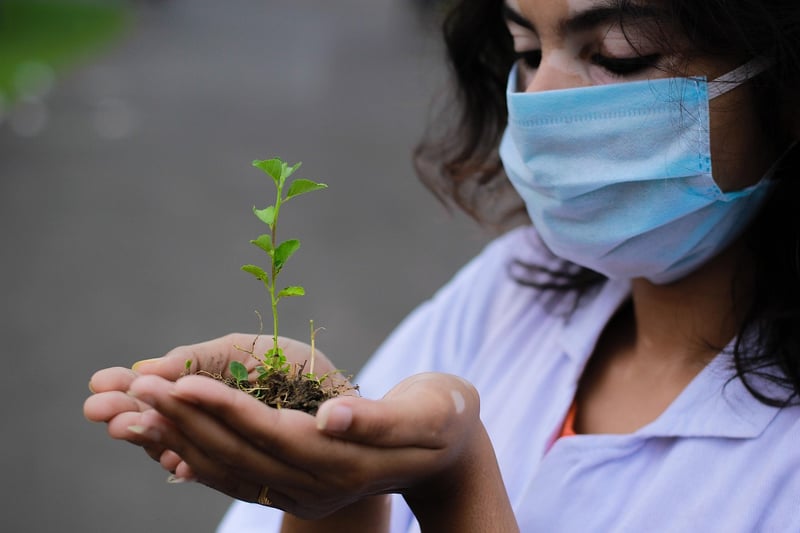Soil Health
Essential Care for Urban Plants
The Importance of Soil Health
Urban plants are essential for creating a green and healthy environment in cities. However, due to the unique challenges of urban settings, such as pollution, limited space, and poor soil quality, caring for plants in cities requires special attention. One crucial aspect of plant care in urban areas is maintaining soil health.
Tips for Soil Health
Here are some essential tips for ensuring the health of the soil in urban plant environments:
- Regular Soil Testing: Test the soil in your urban garden or planters regularly to check for nutrient levels, pH balance, and any contaminants. This will help you determine the specific needs of your plants.
- Composting: Start a composting system to create nutrient-rich soil for your plants. Compost organic kitchen waste, leaves, and garden clippings to improve soil fertility and structure.
- Mulching: Use mulch around your plants to retain moisture, suppress weeds, and improve soil quality. Organic mulches like wood chips or straw can also decompose and enrich the soil over time.
- Proper Watering: Avoid overwatering or underwatering your plants, as both can negatively impact soil health. Water plants deeply but less frequently to encourage root growth and prevent waterlogged soil.
- Avoid Chemicals: Limit the use of chemical fertilizers, pesticides, and herbicides in urban plant care. These chemicals can harm beneficial soil organisms and disrupt the soil ecosystem.
- Plant Diversity: Encourage plant diversity in your urban garden to improve soil health naturally. Different plants have varying nutrient needs and root structures, which can help maintain soil balance and prevent depletion.
Benefits of Healthy Soil
Maintaining soil health in urban plant environments offers numerous benefits, including:
- Improved Plant Growth: Healthy soil provides essential nutrients and a supportive environment for plant growth, leading to stronger, more resilient plants.
- Water Conservation: Well-structured soil with good organic matter content can retain moisture effectively, reducing the need for frequent watering and conserving water resources.
- Enhanced Biodiversity: Healthy soil supports a diverse range of microorganisms, insects, and beneficial organisms that contribute to overall ecosystem health and resilience.
- Carbon Sequestration: Healthy soil can act as a carbon sink, sequestering carbon dioxide from the atmosphere and helping mitigate climate change.
- Reduced Erosion: Soil health plays a crucial role in preventing erosion in urban areas, especially during heavy rainfall or windy conditions.
Conclusion
By prioritizing soil health in urban plant care, you can create thriving green spaces that benefit both the environment and the community. Implementing these tips and practices will not only improve the health and vitality of your plants but also contribute to a more sustainable and resilient urban ecosystem.


